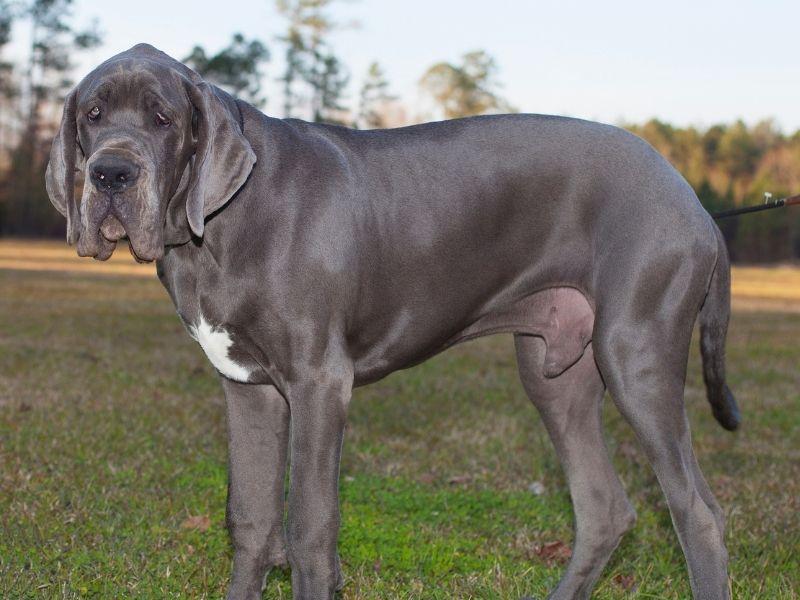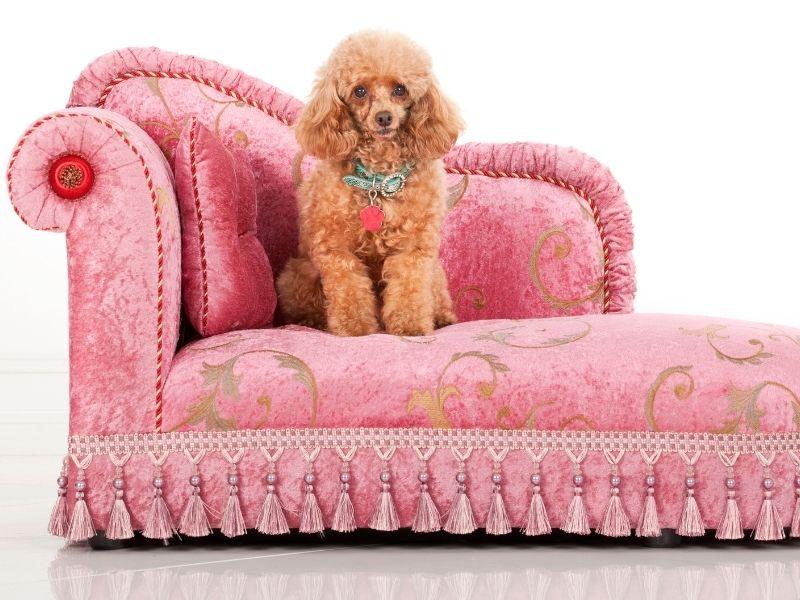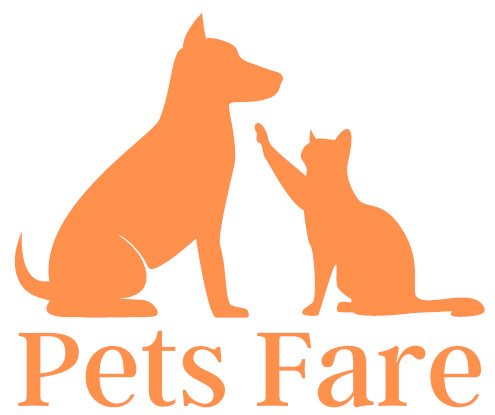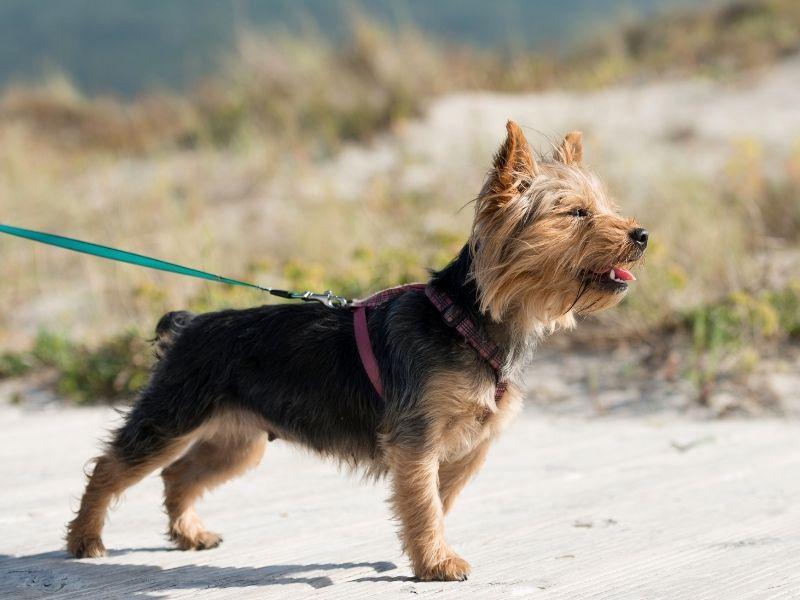A dog comes with a lot of responsibility – and a fair amount of expense. The cost of a dog isn’t just the initial purchase price or adoption fee. There are ongoing costs for things like food, vet bills, toys, and more. It’s important to factor in all of these costs when you’re considering adding a furry friend to your family. The good news is that there are plenty of ways to save money on dog ownership, and many of the costs are tax-deductible. From purchasing in bulk to taking advantage of free resources, there are lots of ways to keep the cost of dog ownership down.
The Cost of Buying a New Puppy?
Buying a new puppy is usually more expensive than adopting an older dog, but the cost varies depending on the following factors:
i. The breed of the dog
There are many different types of dog breeds, and some are more expensive than others. For example, purebred dogs or designer breeds like doodles (a cross between a poodle and another breed) tend to cost more than mixed-breed dogs.
ii. The age of the dog
Puppies are usually more expensive than older dogs because they require more care. For example, they may need to be vaccinated more often and require special food.
iii. The source of the dog
The source of the dog also affects the price. Some breeders charge more for their puppies than others. For example, a breeder who specializes in a rare breed may charge more than a breeder who sells more common breeds.
iv. The location
The cost of a puppy also varies depending on the location. There are many locations you can buy a puppy, such as pet stores, breeders, shelters, and even online. Prices tend to be higher in urban areas than in rural areas.
v. The size of the dog
The size of the dog also affects the price. Smaller dogs usually cost less than larger dogs. With that said, some small breeds, like Yorkies, can be quite expensive.

Working Out the Feeding Costs
Feeding a dog is one of the biggest ongoing costs of dog ownership. The cost of food depends on the following factors:
i. The size of the dog
The size of the dog affects how much food they need and, as a result, how much it will cost to feed them. Smaller dogs need less food than larger dogs, so they are usually cheaper to feed.
ii. The age of the dog
Puppies and senior dogs have different nutritional needs than adult dogs, so their food is usually more expensive. Puppies need food that is high in calories and nutrients to help them grow, while senior dogs need food that is easy to digest and packed with vitamins and minerals.
iii. The type of food
There are many different types of dog food available, and the cost varies depending on the quality of the ingredients. For example, premium brands that use organic ingredients tend to be more expensive than budget brands that use cheaper ingredients.
iv. The frequency of meals
The number of meals a dog eats per day also affects the cost of food. Dogs that eat multiple small meals per day are usually more expensive to feed than dogs that eat one or two large meals per day.
Saving Money on Dog Food
There are many ways to save money on dog food, including the following:
i. Purchase in bulk
Buying dog food in bulk is usually cheaper than buying smaller bags. If you have the storage space, buying in bulk is a great way to save money on pet food.
ii. Look for sales
Another way to save money on dog food is to look for sales and coupons. Many pet stores offer discounts on dog food from time to time, so it’s worth checking the flyers before you shop.
iii. Compare prices
When you’re looking for dog food, it’s important to compare prices to get the best deal. Don’t be afraid to shop around at different stores or buy online to find the cheapest option.
iv. Make your own food
If you’re feeling adventurous, you can even make your own dog food. This can be a great way to save money, but it’s important to make sure that the food you’re making is nutritious and balanced.

Working Out the Annual Vet Fees
Vet fees are another significant cost of dog ownership. The amount you’ll need to spend on vet care depends on a number of factors, including the following:
i. The age of the dog
Puppies and senior dogs usually need more medical care than adult dogs. For example, they may need to be vaccinated more often or require special food.
ii. The health of the dog
Dogs with health problems will usually need to see the vet more often and may require expensive medications.
iii. Preventative care
Preventative care, such as vaccinations and routine check-ups, is important for all dogs. However, it can be costly if you have a large or senior dog.
iv. Emergency care
If your dog has an accident or becomes ill, you may need to pay for emergency vet care. This can be very expensive, so it’s important to have pet insurance to cover the cost.
See Also: Small Dogs that Don’t Shed
And: What is the Laziest Small Dog Breed?
Accessories Like Dog beds, Toys, etc…
Apart from vet services and food costs, you’ll also need to budget for other dog-related expenses, such as the following:
i. Dog bed
A comfortable dog bed is a necessity for any pet owner. Dog beds come in a variety of shapes, sizes, and price ranges, so you’ll need to choose one that suits your budget.
ii. Toys
Dogs need toys to keep them entertained, and the cost of these will vary depending on the type of toy. For example, chew toys are usually cheaper than interactive toys.
iii. Training
If you want your dog to be well-behaved, you may need to invest in some training. This can be expensive, but it’s worth it to have a well-trained dog.
iv. Grooming
Grooming accessories, such as shampoo, brushes, and nail clippers, can also add to the cost of owning a dog. However, you can save money by grooming your dog yourself.
To Summarize
Working out the cost of a dog can be tricky, as there are many factors to consider. However, it’s important to budget for all the expenses associated with dog ownership, from food and vet care to accessories and training. By doing this, you’ll be prepared for the financial commitment of owning a pet.
Featured image: A Yorkshire Terrier on a Walk

